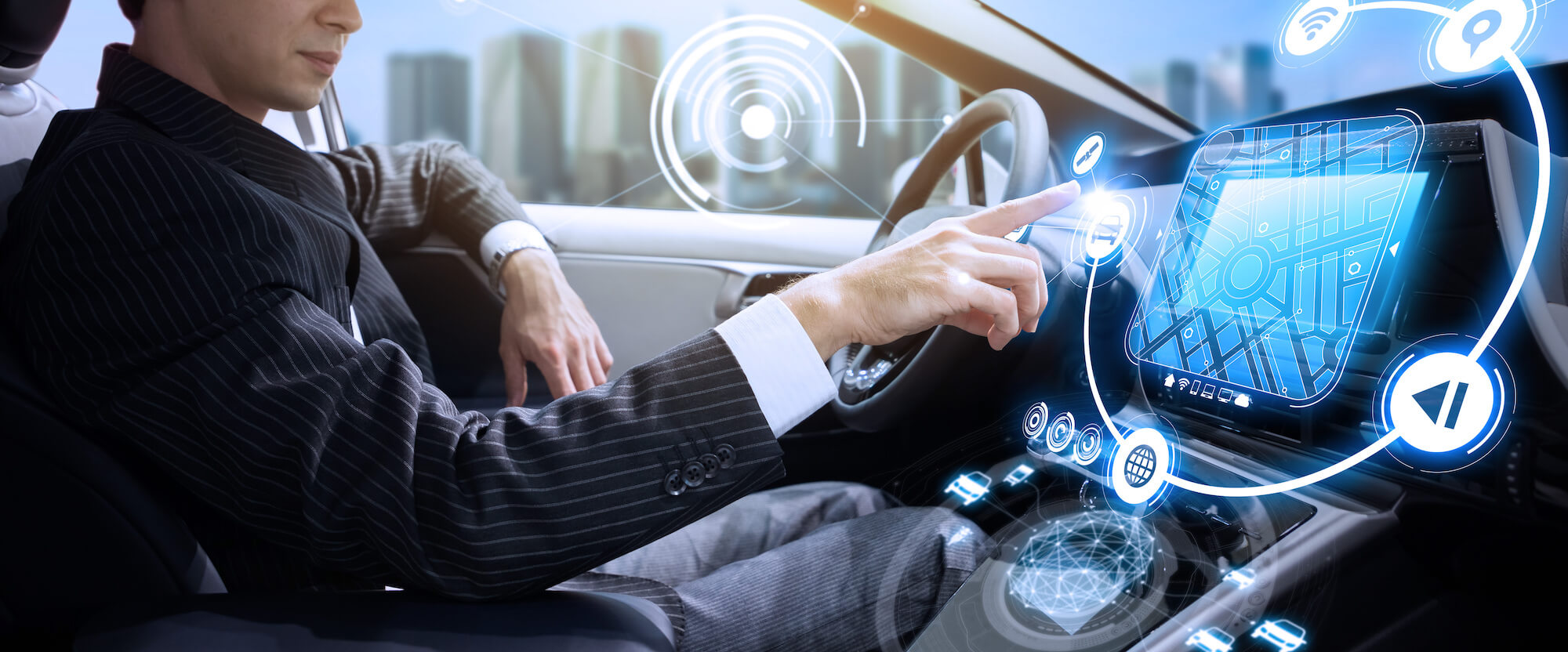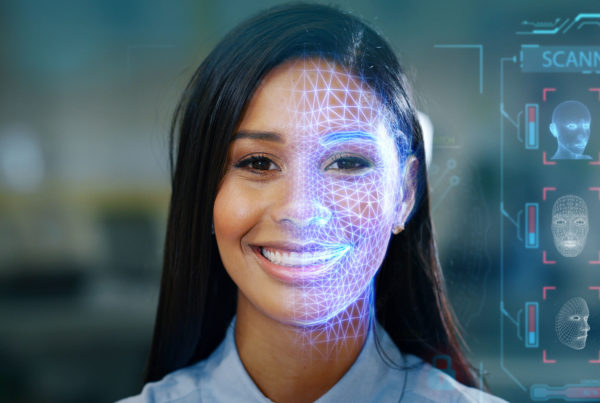
Self-driving cars may be the artificial intelligence (AI) dream, but auto manufacturers are also leveraging AI in transportation to deliver unbelievable driver experiences.
Your car can actually help you become a better driver, thanks to new generations of face analysis that examine the driver’s state of mind without having to know who they are. These protective yet privacy-compliant technologies don’t just mitigate the effects of crashes. Instead, they help reduce or eliminate circumstances that cause crashes in the first place, and they’ll be coming to a car near you.
AI in Transportation: Face Analysis Will Transform the Digital Cockpit
Car manufacturers call them the digital cockpit, but they’re more commonly known as in-vehicle infotainment systems, based on a combination of entertainment choices and information about the drive. The growing prevalence of AI in transportation can make rides more pleasant and keep drivers safer, and face analysis will be a primary component of next-generation infotainment systems.
 Face analysis evaluates gaze and facial expressions to understand the driver’s underlying emotions, monitors where the driver is looking while driving, and can even be programmed to issue alerts for fatigue or distraction. It can help improve overall driver focus, offer safety and preventative solutions, and—most importantly—learn over time how to best facilitate the safest ride possible.
Face analysis evaluates gaze and facial expressions to understand the driver’s underlying emotions, monitors where the driver is looking while driving, and can even be programmed to issue alerts for fatigue or distraction. It can help improve overall driver focus, offer safety and preventative solutions, and—most importantly—learn over time how to best facilitate the safest ride possible.
1. Robust Customization Keeps Drivers Engaged
Face analysis looks at subtle cues from facial expressions and positioning to recognize the signs of potential risk. Without identifying the driver, it notices the moment they become frustrated, angry, distracted, or fatigued and can modify the car’s settings to help them relax or stay alert.
 For example, face analysis can trigger a signal to energize a tired driver, such as turn on a blast of cold air, so they don’t drift across a lane because of a second of sleepiness. Considering that drowsy driving caused almost 700 deaths in 2019 alone, this can be a major breakthrough in driver safety.
For example, face analysis can trigger a signal to energize a tired driver, such as turn on a blast of cold air, so they don’t drift across a lane because of a second of sleepiness. Considering that drowsy driving caused almost 700 deaths in 2019 alone, this can be a major breakthrough in driver safety.
The customization extends to other preferences. Face analysis can adjust the volume of a playlist based on subtle facial cues or personalize options based on the user’s age. Parents can set boundaries around the volume level or reduce the number of dash choices to minimize distractions for teenage drivers.
2. AI “Learns” the Driver and Adjusts in Real-Time
The ability of face analysis tools to understand human emotions gets better and more sensitive over time. In essence, it learns each time it analyzes a face, and the data gathered ensures adjustments happen quickly and in real time.
This learning aspect is why face analysis grows with the driver. Plus, drivers don’t have to do all the adjustments themselves—AI automates them to further reduce distractions.
Read more about Driver Monitoring Here
3. Drivers Learn More About Themselves
 AI in transportation can help drivers learn more about their driving style and safety triggers. In this way, the driver becomes better and more efficient. Face analysis can shed light on when drivers are likely to be more compromised by distraction or fatigue. It helps drivers be more aware of when emotions are taking over—such as when they become highly agitated—and prevent escalation. Drivers can take this feedback and learn to be safer drivers over time.
AI in transportation can help drivers learn more about their driving style and safety triggers. In this way, the driver becomes better and more efficient. Face analysis can shed light on when drivers are likely to be more compromised by distraction or fatigue. It helps drivers be more aware of when emotions are taking over—such as when they become highly agitated—and prevent escalation. Drivers can take this feedback and learn to be safer drivers over time.
4. Biometrics Makes All This Possible With No Intrusion
Companies must balance making the cockpit a personalized, pleasant experience without causing further distractions. Face analysis uses biometrics—like gaze and facial expressions—to measure a driver’s emotional state, level of focus, and other signals. There is no need for the driver to “do” anything other than get in the car and go. Face analysis works in the background, intervening when necessary to make changes that benefit the driver.
Over time, face analysis-powered infotainment systems will get better at understanding biometric signals, learning more about the driver’s moods and behaviors to ensure they stay safe.
Keeping Drivers Safer With AI-Powered Infotainment Systems
To keep their infotainment systems cutting edge, automakers need a face analysis platform that protects drivers from harm while safeguarding their privacy. AlgoFace’s FaceTrace allows for Identity-Free Biometrics, a GDPR and CCPA-compliant solution to protect drivers’ privacy. It uses diverse datasets for training and produces beneficial results no matter who is driving. With its on-the-edge processing and unique compression algorithm, FaceTrace users can experience real-time, lightning-fast performance.
Contact us for a demo to see just how much your digital cockpit can benefit from FaceTrace, our face analysis tool. It’s time to show drivers what the best drive of their lives can be with AI in transportation.




